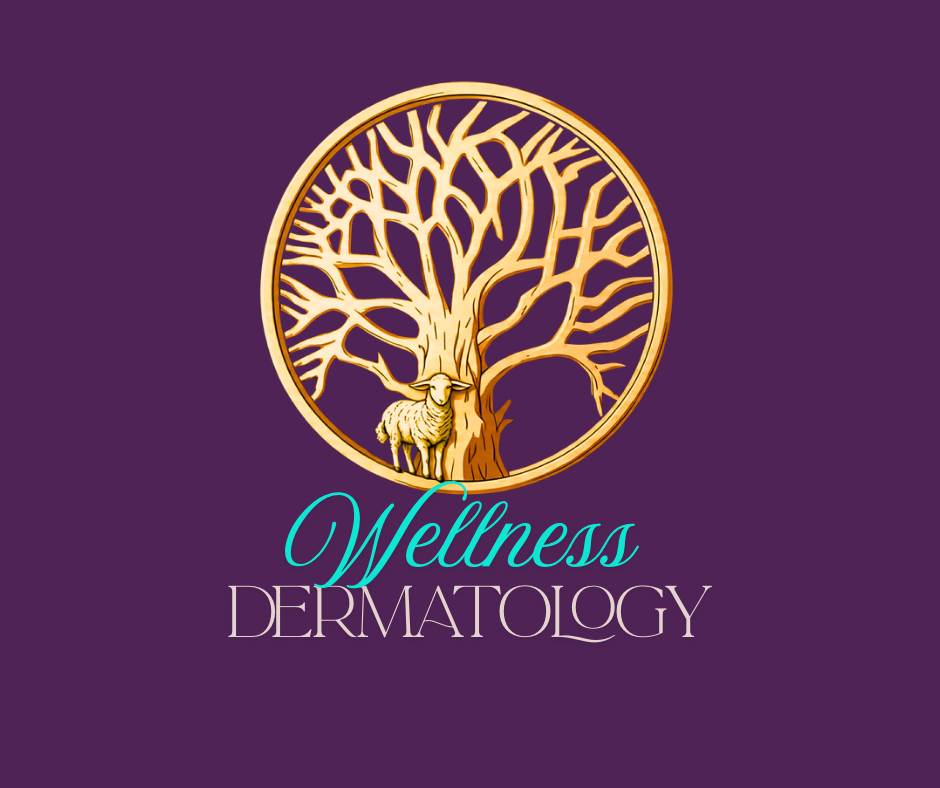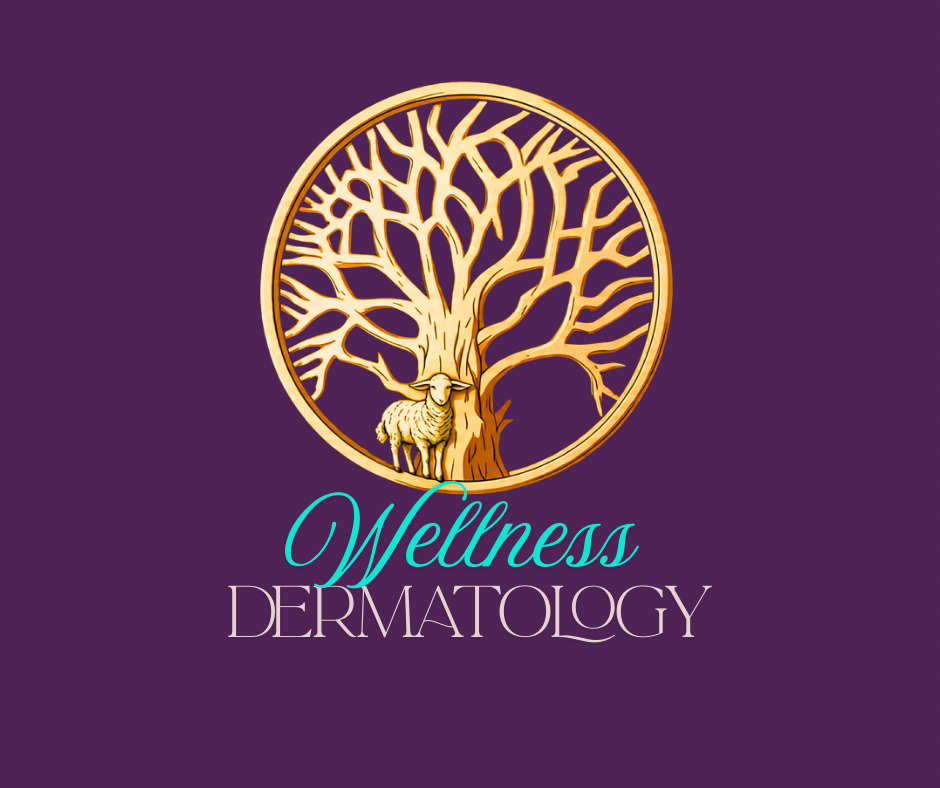Dealing with acne-prone skin can be frustrating and challenging, but with the right skincare routine, you can take control of your skin and achieve a clear, healthy complexion. In this blog post, we will assist you through the ultimate acne-prone skincare routine, providing effective tips and product recommendations to tackle breakouts and promote radiant skin. Let's dive in! Cleanse Gently: When cleansing acne-prone skin, it's important to be gentle yet effective. Begin your skincare routine by selecting a mild, non-comedogenic cleanser specifically formulated for acne-prone skin. You should search for key ingredients such as salicylic acid or benzoyl peroxide, as they possess remarkable properties that can unclog pores and combat acne-causing bacteria. These ingredients work by chemically exfoliating the skin, removing dead skin cells, and reducing excess sebum production, which can contribute to breakouts. By incorporating a cleanser with these ingredients into your routine, you can effectively target and treat acne. However, avoiding harsh cleansers that strip away natural oils is crucial, as they can lead to skin irritation and trigger more breakouts. Opt for a gentle cleanser with ceramides and neutral pH that maintains the skin's natural moisture balance, leaving it feeling refreshed and clean without causing dryness or irritation. This is especially true if your dermatologist has you on ANY topical retinoids or leave on benzoyl peroxide. If this is the case, you should not use cleansers with salicylic acid or benzoyl peroxide and definitely, no cleansers with beads or sand. Remember, a gentle cleanse sets the foundation for the rest of your skincare routine and prepares your skin for the following steps.
Exfoliation
Mechanical exfoliation with cleansers, masks or creams that have beads or sand, spin face brushes all can have the high potential for breaking down the skin barrier, and can negatively interact with any topical medications that your dermatologist has you on. In addition, mechanical exfoliation can exacerbate conditions like rosacea and eczema. Chemical exfoliants containing ingredients like glycolic or lactic acid gently dissolve the bonds between dead skin cells, promoting their removal without irritating. These acids also have the added benefit of helping to improve skin texture and tone. These are to be used sparingly - sometimes once a week. These chemical exfoliators cannot be used when your dermatologist has you on prescription medications that chemically exfoliate, such as retinoids. Using a cream or wash with these acids and topical retinoids can strip away the skin's natural moisture barrier, increase sensitivity and inflammation and worsen acne and rosacea, leading to decreased satisfaction with treatments. If you notice any signs of irritation, reduce the frequency or switch to a gentle skin cleanser.
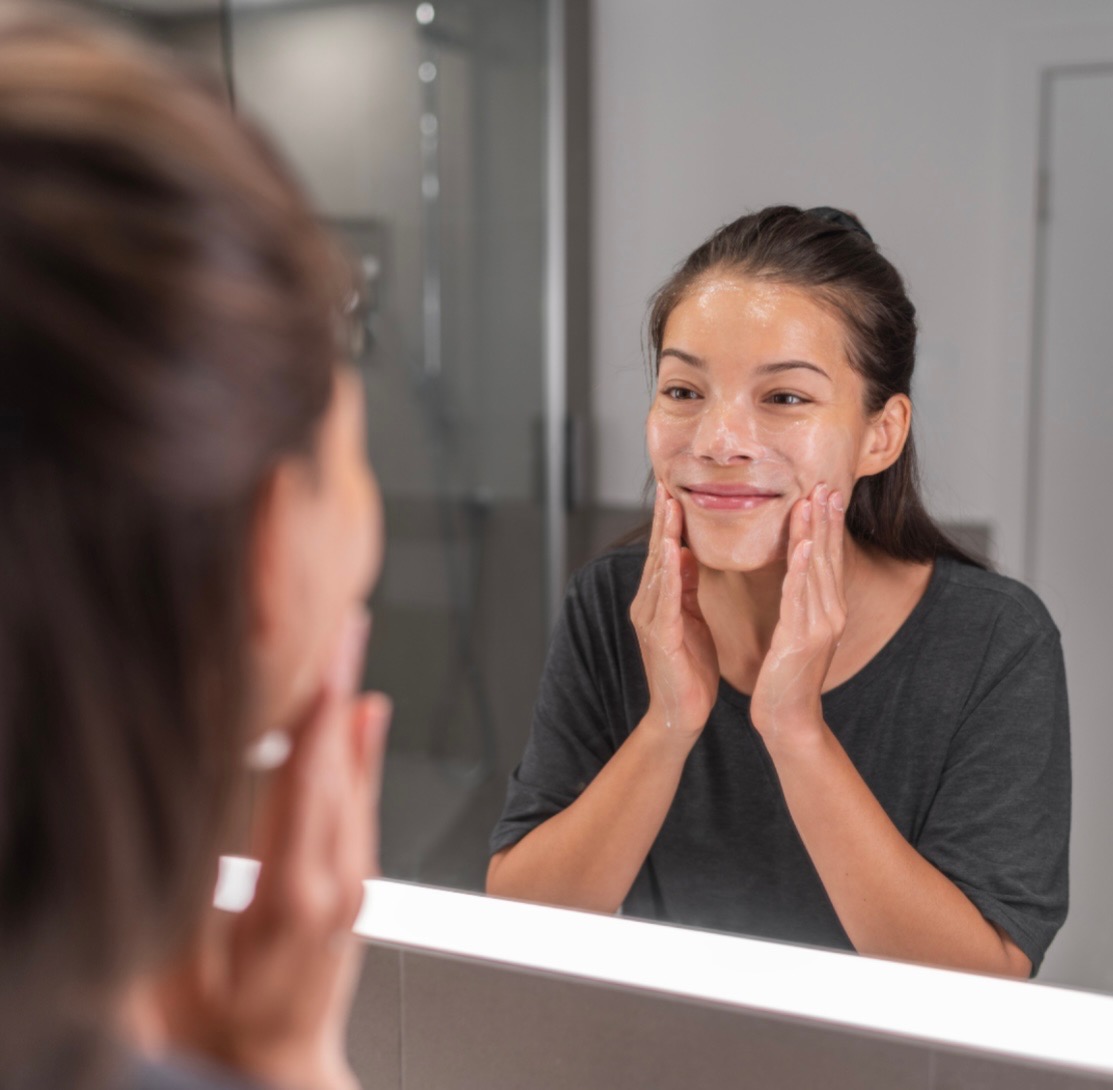
Full-Face Treatments
Target Acne with Full Face Treatments Prescribed by your Dermatologist: Full face treatments can effectively reduce and prevent individual pimples and acne spots. These treatments are specially formulated with potent ingredients with antibacterial and anti-inflammatory properties, helping reduce redness, inflammation, and blemish size. Some medications can reduce pore size and chemically exfoliate. Spot treating is not recommended due to it being an inefficient way to prevent acne; the medication must get on the entire skin so all the pores can be treated at once. Spot treating is not effective as it only treats the spot you see that come to the surface, however acne in other areas you don’t see can be beginning and causing scarring under the skin.
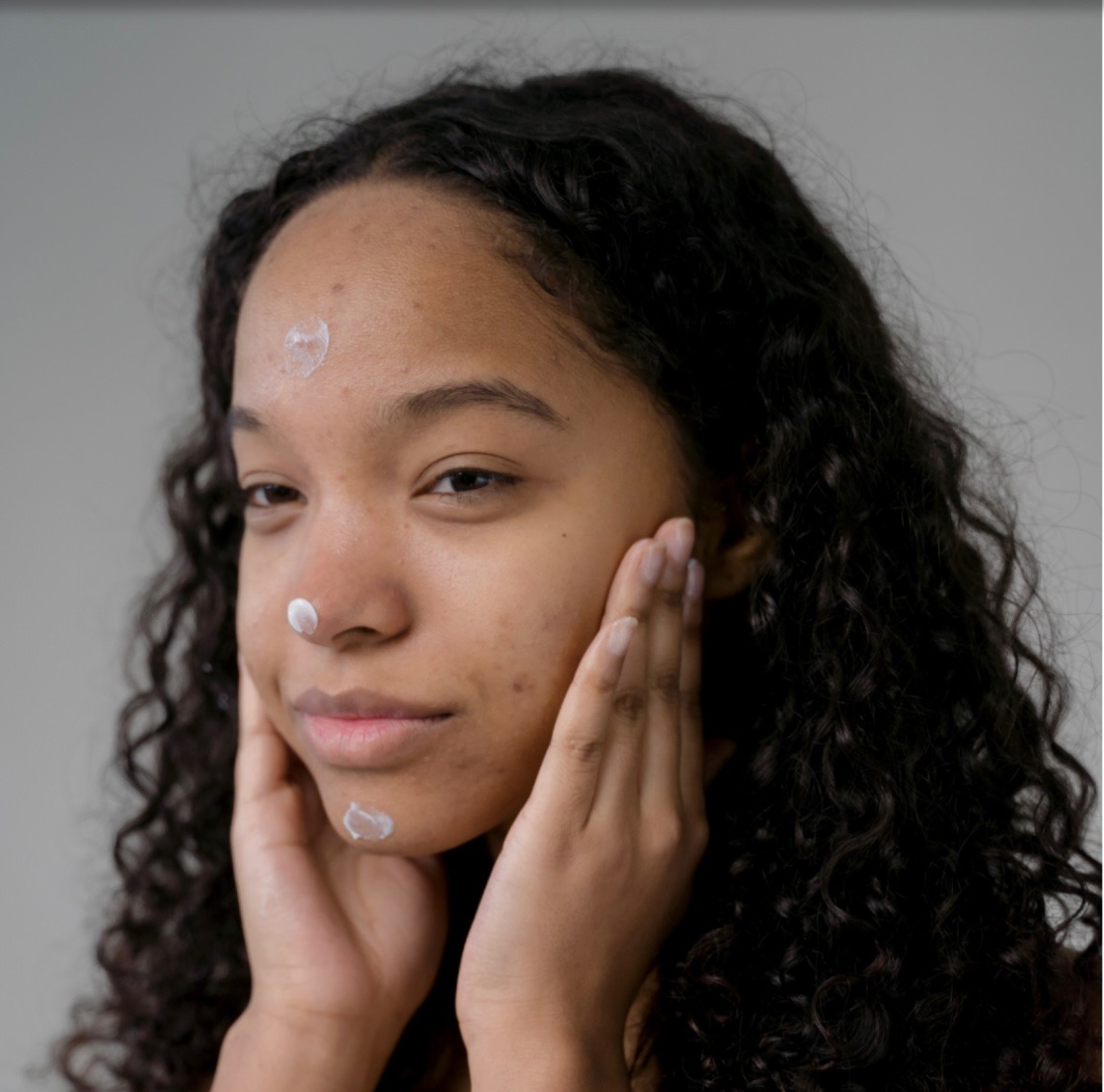
Moisturize
It's a common misconception that acne-prone skin doesn't require hydration and moisture. Proper hydration is crucial for achieving healthy skin, even acne. Opt for oil-free, fragrance free and non-comedogenic moisturizers specifically designed for acne-prone skin. Make sure they do not contain shea butter or any acids, which can interact with the acne treatment your dermatologist may be recommending. These moisturizers are formulated to provide the necessary hydration without clogging your pores or exacerbating breakouts. Look for ingredients like ceramides and hyaluronic acid, which have excellent hydrating properties and help the skin retain moisture without adding excess oil. Hyaluronic acid acts as a humectant, drawing water from the environment into your skin. Ceramides help to keep the skin from losing water. By keeping your skin adequately hydrated, you can help balance its moisture levels and prevent it from producing excess sebum, which can contribute to acne formation. Applying a lightweight moisturizer to clean, dry skin or over Vitamin C serum, and it will nourish and hydrate your skin and create a protective layer, locking in moisture and preventing moisture loss throughout the day. Remember, even acne-prone skin needs proper hydration to maintain a healthy and balanced complexion.
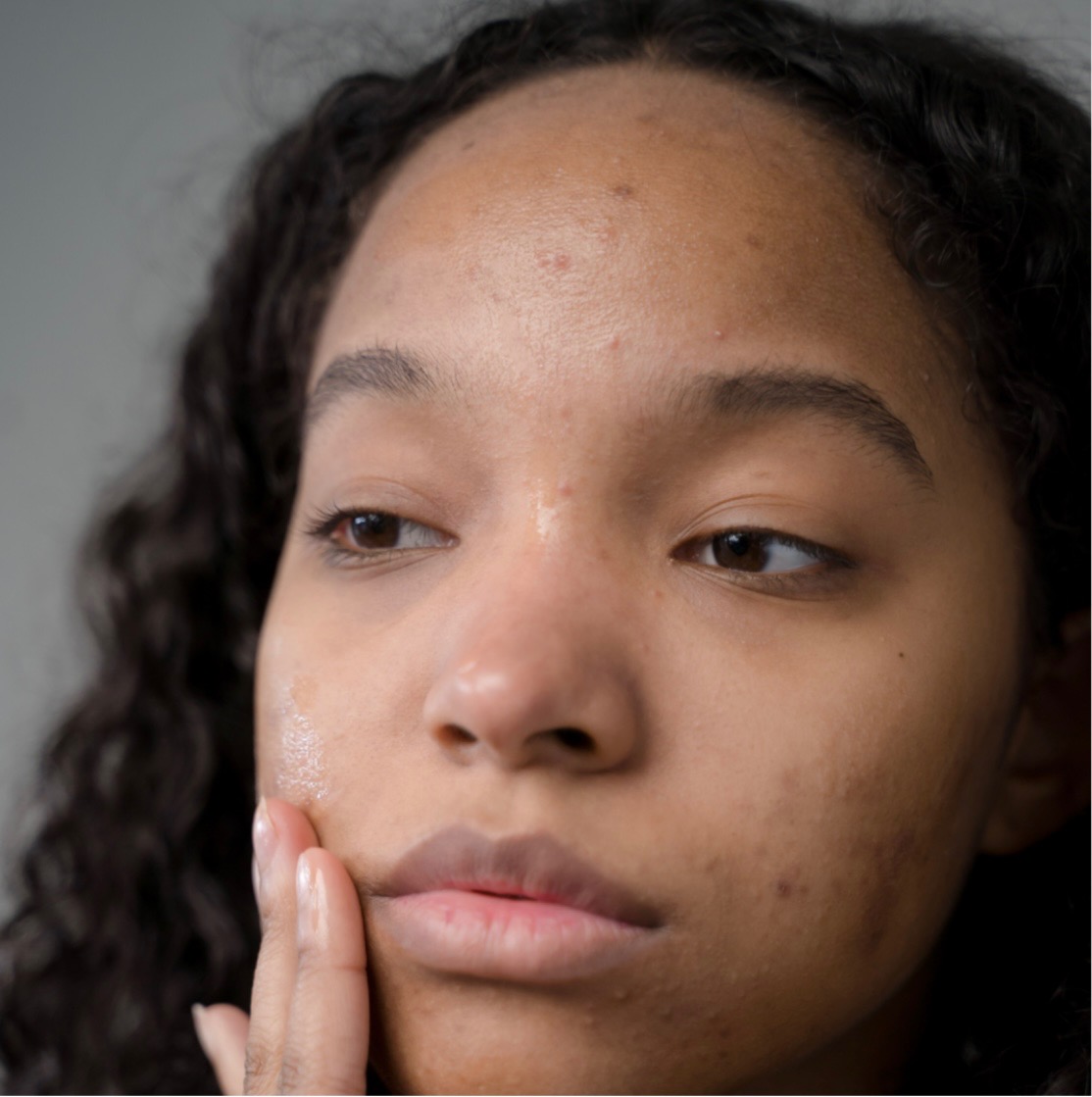
Protect with Sunscreen
Sun protection is essential in any skincare routine, especially for acne-prone skin. When selecting a sunscreen, opt for a lightweight, oil and fragrance free formula that won't clog your pores. Look for a broad-spectrum sunscreen with a minimum SPF of 30 to ensure effective protection against UVA and UVB rays. Broad-spectrum sunscreens shield your skin from the damaging effects of the sun, including sunburn, premature aging, and even skin cancer. You can use mineral sunscreen or chemical sunscreen. A tinted sunscreen covers blemishes, in the same way makeup would, and blocks out more UVB so if your able to wear a tinted sunscreen, that’s preferred. Acne-prone skin is often sensitive, so choosing a sunscreen labeled as "non-comedogenic" is crucial to prevent pore blockage and breakouts. Non-comedogenic sunscreens are formulated to be lightweight and easily absorbed by the skin without leaving a sticky or heavy residue. Applying sunscreen daily may protect your skin from UV radiation and reduce the risk of post-inflammatory hyperpigmentation, which can occur when acne lesions are exposed to the sun. Make it a habit to apply sunscreen generously to your face, neck, ears, chest and any other exposed areas, and reapply every two hours, especially if you're spending time outdoors. Remember, sun protection is vital in maintaining healthy, acne-free skin.
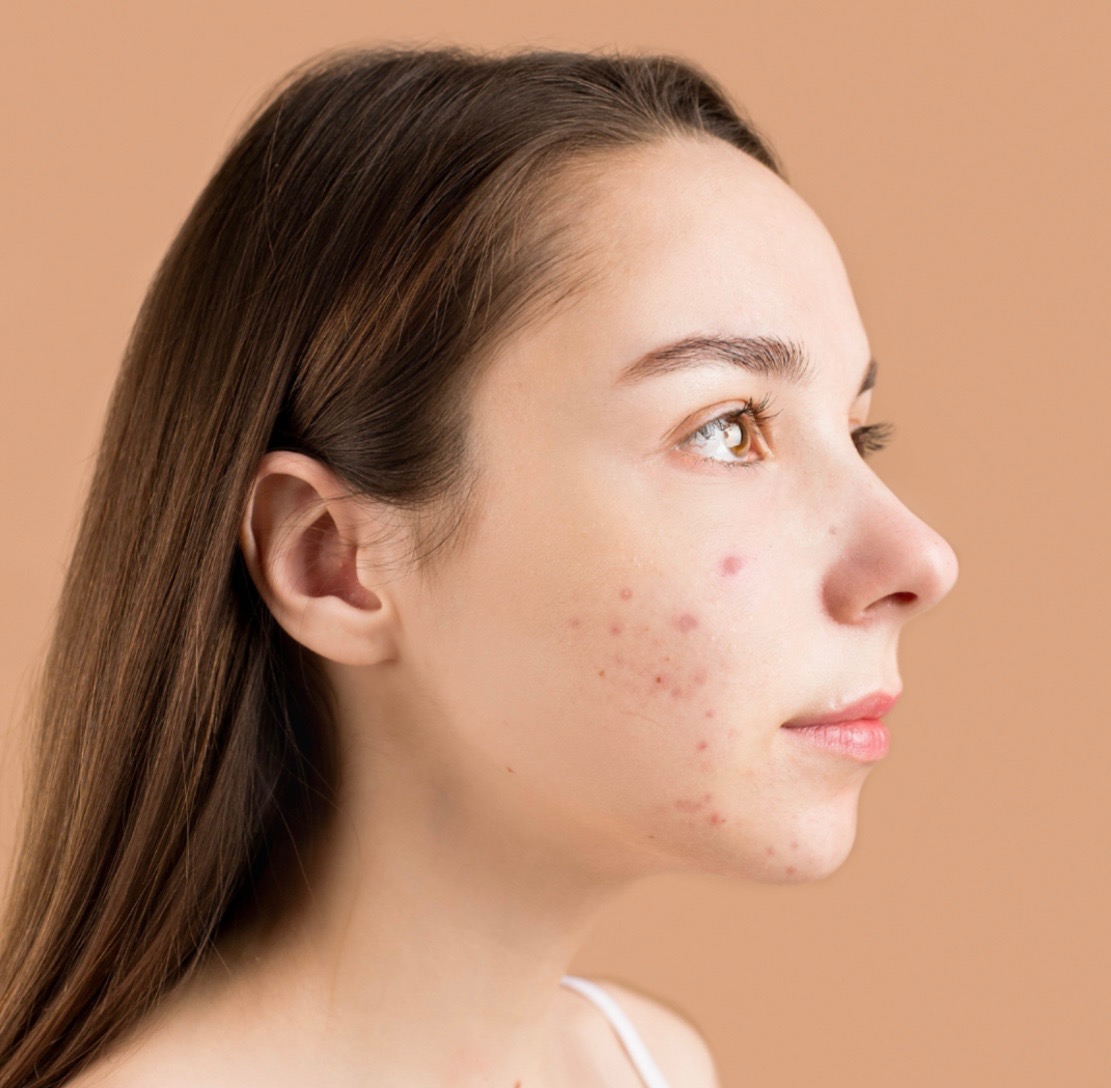
Healthy Lifestyle Habits
Skincare goes beyond the products you apply to your skin. A healthy lifestyle supports your skincare routine and achieves optimal skin health. One crucial aspect is getting enough sleep. During sleep, your body undergoes repair and rejuvenation processes, which can help improve the appearance of your skin. Aim for 7-8 hours of quality sleep each night to give your skin time to regenerate. Regular exercise is another key factor. Exercise increases blood circulation, delivering nutrients and oxygen to your skin cells and promoting a healthy complexion. It also helps reduce stress, which can contribute to breakouts.Additionally, maintaining a balanced diet is vital. You should eat a lot of fruits, vegetables, whole grains, and lean meats to provide your skin with the nutrients it needs. Meeting with a nutritionist is important for establishing a foundation for healthy food choices and learning what foods reduce inflammation. Antioxidant-rich foods can help fight inflammation and support skin health. Lastly, managing stress levels is crucial. Stress can disrupt hormone levels, leading to increased sebum production and inflammation, which can contribute to acne. Find healthy coping mechanisms for anxiety, such as practicing yoga, meditating on good and peaceful things, engaging in hobbies, or seeking support from loved ones. You may increase the efficiency of your skincare routine and encourage clean, beautiful skin by implementing these healthy living habits into your daily schedule.

Acne-prone skincare routine
Conclusion: With the ultimate acne-prone skincare routine, you can take charge of your skin and achieve a clearer, healthier complexion. Consistency is key, so stick to your routine and give your skin time to adjust. Remember that everyone's skin is unique, so it may take trial and error to find the best products for you. Don't be discouraged if you don't see immediate results. Be patient, stay consistent, and always consult a dermatologist to get the best recommendation right from the start. Here's to your journey toward beautiful, acne-free skin!
